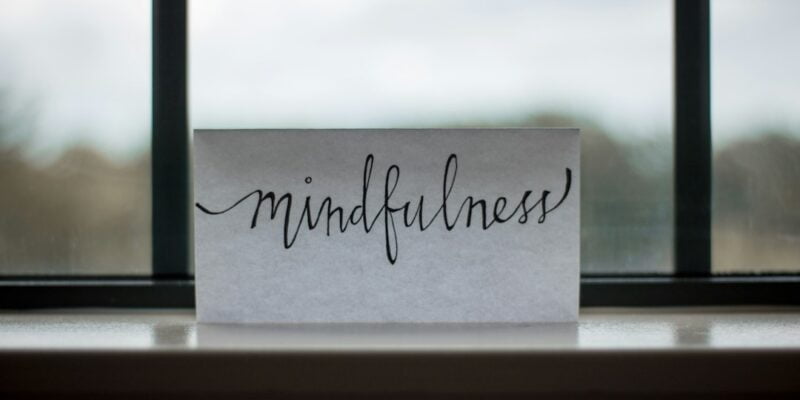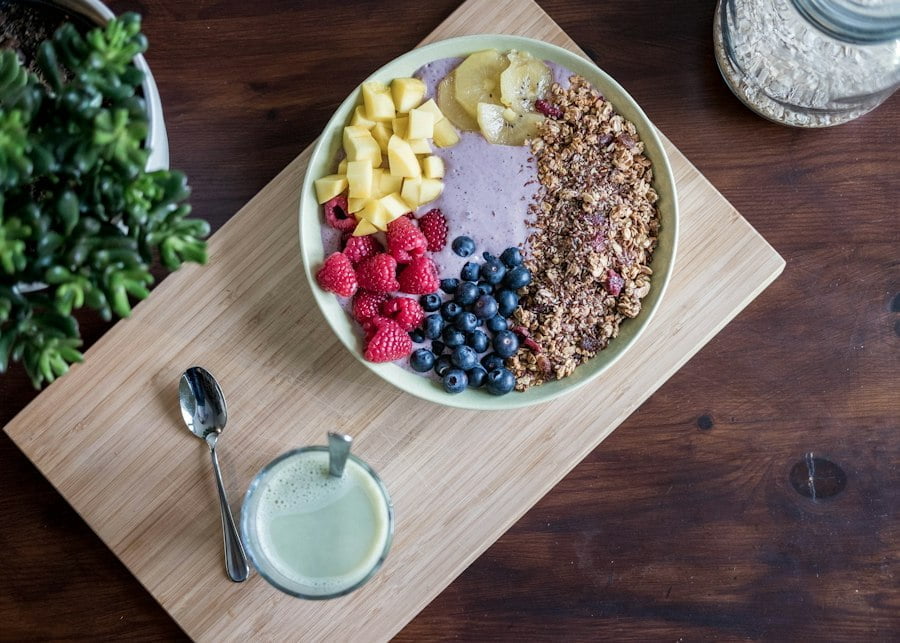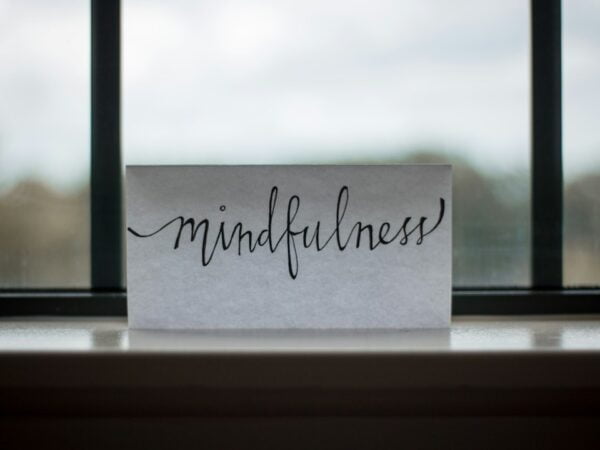
Maintaining Physical Health: The Key to Aging Gracefully
Aging gracefully is a goal for many seniors, and physical health plays a crucial role in achieving it. As we age, our bodies go through various changes, and maintaining physical health becomes even more important. This blog post will discuss the benefits of maintaining physical health in old age and provide tips for seniors to stay healthy.
Key Takeaways
- Maintaining physical health is crucial for aging gracefully
- Benefits of physical health in old age include improved mobility, reduced risk of chronic diseases, and better mental health
- Physical health encompasses exercise, healthy eating habits, sleep, stress management, regular check-ups, and socializing
- Exercise plays a vital role in maintaining physical health, improving strength, balance, and flexibility
- Socializing and staying active are essential for better physical health and overall well-being in old age
Benefits of Maintaining Physical Health in Old Age
Seniors who maintain physical health are more likely to live longer and have a better quality of life. Regular exercise and a healthy diet can help prevent chronic diseases, such as heart disease, diabetes, and cancer. Physical activity also improves cardiovascular health, strengthens bones and muscles, and reduces the risk of falls.
In addition to the physical benefits, maintaining physical health can also have a positive impact on mental health. Seniors who are physically active and eat a healthy diet are less likely to experience cognitive decline and memory loss. Exercise releases endorphins, which are natural mood boosters, and can help reduce symptoms of depression and anxiety.
Physical Health: What It Is and Why It Matters
Physical health refers to the overall condition of the body and its ability to perform daily activities. It includes factors such as cardiovascular fitness, muscle strength, flexibility, and body composition. Physical health matters because it affects every aspect of a senior’s life, from their ability to do things they enjoy to their independence and quality of life.
When seniors are physically healthy, they have more energy to engage in activities they love, such as gardening, walking, or playing with grandchildren. They can maintain their independence and continue living in their own homes for longer. Physical health also impacts mental well-being, as it can boost self-confidence and improve overall mood.
The Role of Exercise in Maintaining Physical Health
| Metrics | Description |
|---|---|
| Cardiovascular Endurance | The ability of the heart and lungs to supply oxygen-rich blood to the muscles during physical activity. |
| Muscular Strength | The amount of force a muscle can produce in a single effort. |
| Muscular Endurance | The ability of a muscle or group of muscles to sustain repeated contractions against a resistance for an extended period of time. |
| Flexibility | The range of motion of a joint or group of joints. |
| Body Composition | The proportion of fat, muscle, and bone in the body. |
| Bone Density | The amount of mineral matter per square centimeter of bone. |
| Metabolic Health | The ability of the body to efficiently use and store energy from food. |
| Mental Health | The positive effects of exercise on mood, stress, and anxiety. |
Exercise is essential for maintaining physical health in old age. Regular physical activity helps seniors maintain muscle mass, improve balance and coordination, and reduce the risk of falls. It also improves cardiovascular health, lowers blood pressure, and reduces the risk of chronic diseases.
Seniors should aim for at least 150 minutes of moderate-intensity exercise per week. This can include activities such as brisk walking, swimming, cycling, or dancing. Strength training exercises should also be incorporated into the routine to maintain muscle mass and bone density. It’s important to start slowly and gradually increase the intensity and duration of exercise to avoid injury.
Healthy Eating Habits for Better Physical Health
A healthy diet is crucial for maintaining physical health in old age. Seniors should aim to eat a balanced diet that includes plenty of fruits, vegetables, whole grains, and lean protein. These foods provide essential nutrients that support overall health and well-being.
It’s important for seniors to eat a variety of foods from different food groups to ensure they are getting all the necessary nutrients. They should also limit their intake of processed foods, sugary drinks, and alcohol. Drinking plenty of water is also important for staying hydrated and supporting overall health.
Importance of Sleep for Physical Health

Sleep is essential for physical health and well-being. It allows the body to rest and repair itself, and lack of sleep can have a negative impact on overall health. Seniors should aim for 7-8 hours of sleep per night and establish a regular sleep routine.
Poor sleep can lead to a variety of health problems, including cognitive decline, depression, and an increased risk of falls. Seniors can improve their sleep quality by creating a comfortable sleep environment, avoiding caffeine and electronic devices before bed, and practicing relaxation techniques such as deep breathing or meditation.
Managing Stress for Better Physical Health
Stress can have a negative impact on physical health, especially in old age. Chronic stress can lead to high blood pressure, heart disease, weakened immune system, and other health problems. Seniors should practice stress-reducing activities, such as meditation, yoga, or deep breathing exercises.
It’s also important for seniors to seek support from friends, family, or a mental health professional if needed. Talking about their feelings and concerns can help reduce stress and improve overall well-being. Engaging in activities they enjoy, such as hobbies or spending time in nature, can also help manage stress and promote physical health.
Regular Health Check-Ups and Screenings for Seniors
Regular health check-ups and screenings are essential for maintaining physical health in old age. Seniors should schedule regular appointments with their healthcare provider and get recommended screenings, such as mammograms, colonoscopies, and bone density tests.
These screenings can help detect potential health problems early on when they are easier to treat. Regular check-ups also allow seniors to discuss any concerns or symptoms they may be experiencing and receive appropriate medical advice and treatment.
Socializing and Staying Active for Better Physical Health
Socializing and staying active can have a positive impact on physical health in old age. Engaging in social activities helps seniors stay connected with others and reduces the risk of loneliness and isolation. Loneliness has been linked to various health problems, including depression, cognitive decline, and an increased risk of mortality.
Seniors should participate in activities they enjoy and spend time with friends and family. They can join clubs or organizations that align with their interests or volunteer in their community. Staying active socially also promotes physical activity, as many social activities involve movement and exercise.
The Key to Aging Gracefully Lies in Maintaining Physical Health
Maintaining physical health is essential for aging gracefully and enjoying a high quality of life in old age. Seniors should prioritize exercise, healthy eating, sleep, stress management, regular check-ups, and socializing to stay healthy and happy. By taking care of their physical health, seniors can continue to do the things they love, maintain their independence, and live life to the fullest.
FAQs
What is physical health?
Physical health refers to the overall well-being of an individual’s body, including their physical fitness, nutrition, and ability to perform daily activities without experiencing pain or discomfort.
What are the benefits of maintaining physical health as we age?
Maintaining physical health as we age can help prevent chronic diseases, improve cognitive function, increase energy levels, improve sleep quality, and enhance overall quality of life.
What are some ways to maintain physical health as we age?
Some ways to maintain physical health as we age include engaging in regular exercise, eating a balanced and nutritious diet, getting enough sleep, managing stress, and avoiding harmful habits such as smoking and excessive alcohol consumption.
What types of exercise are recommended for older adults?
Recommended types of exercise for older adults include aerobic exercise, strength training, balance exercises, and flexibility exercises. It is important to consult with a healthcare professional before starting any new exercise program.
What are some common health concerns that can arise as we age?
Common health concerns that can arise as we age include arthritis, osteoporosis, cardiovascular disease, diabetes, and cognitive decline. Maintaining physical health can help prevent or manage these conditions.
What role does nutrition play in physical health?
Nutrition plays a crucial role in physical health, as it provides the body with the necessary nutrients to function properly. A balanced and nutritious diet can help prevent chronic diseases, maintain a healthy weight, and improve overall well-being.
What are some tips for maintaining physical health as we age?
Some tips for maintaining physical health as we age include staying active, eating a balanced and nutritious diet, getting enough sleep, managing stress, avoiding harmful habits, and staying up-to-date with healthcare appointments and screenings.


















